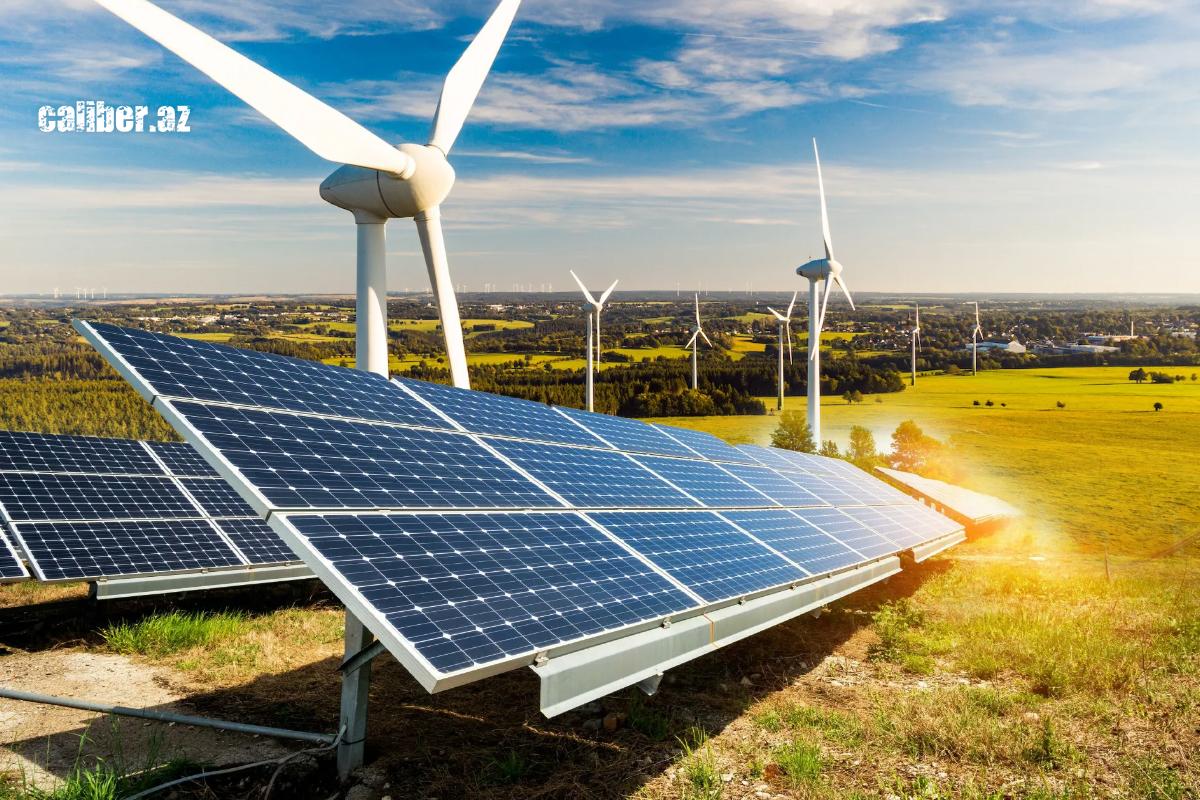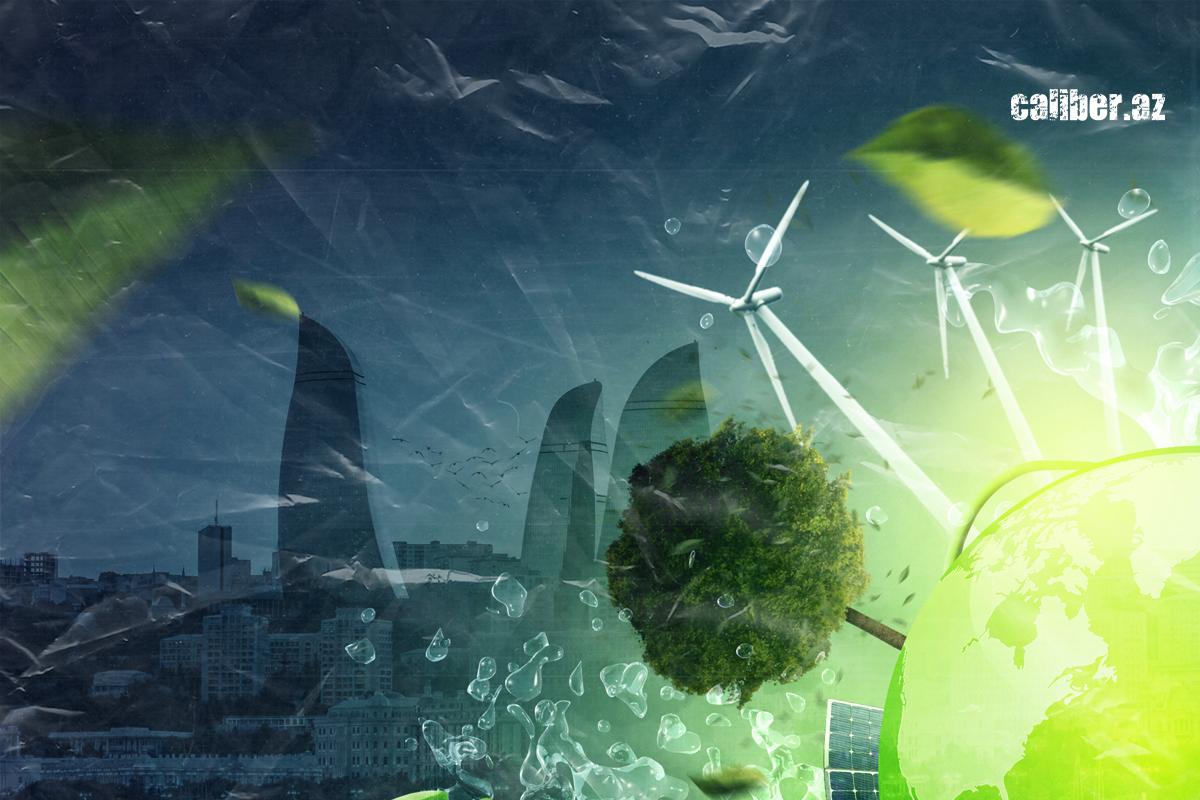Azerbaijan accelerates battery storage development Electricity in reserve
In recent years, Azerbaijan’s energy sector has increasingly pivoted towards renewable energy sources (RES). The latest stage of this transition focuses on integrating RES facilities into the unified transmission grid operated by Azerenerji OJSC. As part of this strategy, the country has launched large-scale projects to build advanced energy storage facilities using Battery Energy Storage Systems (BESS).
According to information released on September 4, Azerenerji has begun installing BESS units near the capital, at the 500-kilovolt Absheron substation and the 220-kilovolt Agdash substation.
Over the past three to four years, Azerbaijan’s government bodies have stepped up efforts to accelerate the development of the “green” energy sector. To tap into the country’s vast natural potential and promote alternative energy, Baku has introduced a comprehensive state policy supported by a modern legislative framework. This includes fiscal and other incentives for investors, partnerships with international companies and donors, as well as the rapid build-out of infrastructure to deliver “green” energy to global markets.
Notably, most projects in Azerbaijan’s renewable sector are being implemented through foreign investment, which is projected to reach around $2.8 billion in the coming years. Key players include the UAE’s Masdar and Saudi Arabia’s ACWA Power, alongside companies from the European Union, the United Kingdom, Türkiye, China, and other countries actively engaged in projects across the country.

The success in attracting foreign investment to Azerbaijan’s “green” energy sector is reflected in data from the State Agency on Renewable Energy Sources. As of early this year, the installed capacity of renewable energy facilities stood at 1,792.64 MW, accounting for about 21.3% of the country’s total installed capacity. With the planned construction of eight industrial-scale solar and wind power plants by the end of 2027, Azerbaijan’s energy system is expected to gain an additional 2 GW of renewable capacity, raising the share of RES to roughly one-third of total generation.
Yet, the growing share of wind and solar power generation also brings new challenges for integration into Azerenerji’s unified grid. Renewable energy is inherently variable, shaped by factors such as wind fluctuations, alternating sunny and cloudy periods, and the time of day. By contrast, Azerbaijan’s domestic energy system has long relied on large gas-fired power plants, whose output remains stable regardless of weather or climate conditions.
Integrating RES facilities into the unified energy system requires modernising substations and installing equipment capable of automatically synchronising and adjusting to external reference voltages in terms of level, frequency, and phase. Moreover, the efficient operation of renewable generation—given its variable output—is not feasible without establishing Battery Energy Storage Systems (BESS) in the country. These systems store electrical energy in batteries, ensuring a continuous supply of electricity from RES during periods of low generation, network interruptions, or peak demand.
Azerbaijan took its first steps in this direction in May 2024, when the Ministry of Energy signed an executive agreement with Saudi Arabia’s ACWA Power for a 200 MW Battery Energy Storage System (BESS) project. Later, in November, during the UN-organised COP29 climate conference in Baku, the Baku International Sea Trade Port (BISTP) partnered with Malaysian company Tiza Green Energy, a subsidiary of Citiglobal, to launch a project integrating solar power with a BESS. Under the framework agreement, a 5.4 MW solar photovoltaic installation will be built, with part of the generated energy supplying the port’s needs, while any surplus will be stored in the BESS and used as required.

Another potential partner for BESS development in Azerbaijan is China, with companies such as China Southern Power Grid International (Hong Kong) Co., Ltd. and Powerchina Huadong Engineering Corporation Limited. During COP29, the Ministry of Energy signed a memorandum of understanding with these companies to explore projects in BESS, pumped hydro storage systems (PHS), high-voltage direct current (HVDC) transmission, and other technologies for renewable energy transmission, distribution, and grid digitisation.
Cooperation with international financial institutions (IFIs) is also steadily expanding to support the integration of RES capacities into Azerbaijan’s unified energy system. Notably, the Ministry of Energy and the World Bank are advancing the “Azerbaijan Scaling-Up Renewable Energy Project” (AZURE) project, aimed at integrating renewables into the power transmission network. This includes financing grid connections for wind and solar power plants. For instance, the International Bank for Reconstruction and Development (IBRD), part of the World Bank group, is investing in infrastructure to integrate 240 MW of wind power and optimise the energy system to manage 1.8 GW of variable renewable energy. Additionally, the IBRD and the International Finance Corporation (IFC) are prepared to assist Azerbaijan in attracting private investors to the domestic RES sector and, crucially, in developing BESS.
At the same time, Azerenerji is leading the most ambitious initiatives in developing BESS in Azerbaijan. In September last year, the company announced a new tender for a 250 MW BESS project, scheduled to be implemented in stages through 2027. As of September 4, work has begun near Baku at the 500-kilovolt Absheron substation and in central Azerbaijan at the 220-kilovolt Agdash substation. The total capacity of the BESS under construction is expected to reach 250 MW, with an energy storage capacity of 500 MWh.
“Construction works are currently underway on-site, alongside the fabrication and delivery of components. Implementing battery energy storage systems of this scale will be a first not only for Azerbaijan but for the entire CIS region,” Azerenerji stated.
Azerenerji highlighted that the deployment of BESS will not only bolster Azerbaijan’s energy independence but also ensure the reliable operation of the power system in both grid-connected and islanded modes. Simultaneously, the energy authority is advancing a large-scale programme to integrate 2 GW of solar and wind power plants into the network, scheduled for construction over the next few years.
As part of this initiative, and alongside the use of energy storage technologies, one of the country’s largest substations is being built – the 500/330 kV Navai energy hub. This facility will serve as Azerbaijan’s main nodal substation, from which high-voltage transmission lines at 500 and 330 kV will extend in multiple directions. In parallel, comprehensive efforts are underway to enhance grid digitisation and management.








